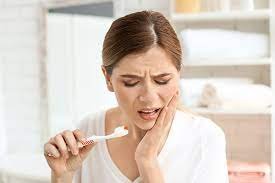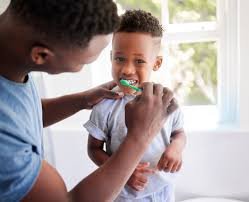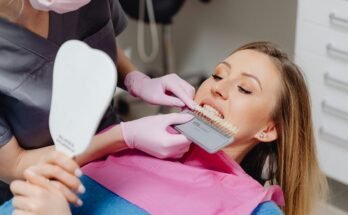Oral Hygiene Mistakes

Brushing Too Hard
Brushing too hard wears enamel, irritates the gums and results in sensitivity. Gentle brushing with a soft-bristled brush is better.
Flossing, Not Flossing
Many people skip flossing, yet it’s necessary for removing particles in between teeth. When ignored, it would allow bacteria to flourish and eventually cause gum diseases.
Using an Outdated Toothbrush
Old toothbrushes with frayed bristles will not clean effectively. Change the toothbrush regularly for maximal cleaning.
Ignoring the Tongue The tongue houses bacteria which can cause bad breath. Use a toothbrush or a tongue scraper to gently clean the tongue
Oral Hygiene Tips for Different Ages
For Children

Start brushing early by cleaning babies’ gums with a soft cloth, and when teeth start to appear, use a toothbrush. Teach your children the proper method of brushing your teeth, and make sure they brush your teeth for two minutes.
For Teenagers
Teens usually consume more sugary snacks and beverages than young children, making cavities more likely. It is important to encourage your teens to brush their teeth, floss and use mouthwash to be rid of old habits.
For Adults and Seniors

Adults need to brush, floss their teeth and see their dentist as often as possible to prevent the occurrence of gum disease and tooth loss. For some elderly patients, they may have problems with dry mouth or sensitive gums, and it is equally important that you choose the right oral care products and hydrate your mouth.
Conclusion
Good oral hygiene is a lifelong endeavor which needs the most basic of daily activities. You can build a smile healthy and radiating by means of continuous brushing and flossing, by routinely visiting the dentist, and by making conscious dietary spirit. Good oral health not only promotes oral and physical health but is the foundation for a lifetime of well-being

